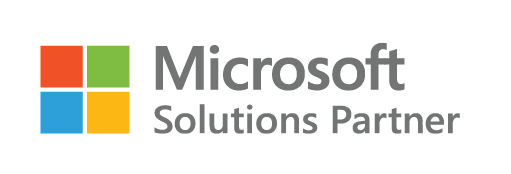This last statement is true of course; you will be on the latest version. The vendor, and in our case Microsoft, will apply updates to keep customers on the latest version, with new functionality and all the fixes. This is of course a massive advantage and one of the best things about ‘cloud’. No longer do you have to wait for the next, usually big, upgrade to get something new or a fix. Whilst we definitely do not want to revert to the days before the cloud, we have learnt there are practices we do want to continue from ‘those days’.
When the 3–5-year (sometimes a lot longer!) upgrade cycle came around, it was usually sizable. As a result, there was a project to facilitate it. A proactive, structured approach followed a methodology that would promote best practice to include focus, planning, and testing.
Many have transitioned to the cloud with the promise that upgrades are a thing of the past. There are still upgrades, or updates, of course, but Microsoft will just apply them by a specified date (for their ERP solutions that is). There are two major releases per year, with minor updates applied in between. A key point is that Microsoft releases update the out-of-the-box Business Central application. Third party, certified applications (from AppSource) will also follow the same release cycle as Microsoft. However, if you have customizations, or custom Extensions and integrations, these sit outside the core Business Central application and do not get updated by the Microsoft update.
As we implement and support an increasing amount of cloud ERP solutions—namely Dynamics 365 Business Central—we have seen this process evolve and identified that it needs to be managed. Allowing them to ‘just happen’ is not appropriate for a production environment of a business-critical system. We see the need to bring back some of the best practices from the legacy, on-premises ‘big’ upgrade projects, and apply them in a smaller way to each major update or ‘release’ from Microsoft.
A major release is very different in nature to the upgrades you would be used to on your on-premises applications. They don’t require the traditional ‘big’ upgrade projects that demand significant investment in time, money, and change management. While they don’t require large effort and cost, they do each need due attention.
Our experience managing many cloud clients has identified the need for a proactive release management model that extends beyond the traditional elements of help desk access and client management team support. The model also needs to encompass the ‘unique’ parts of each client’s solution, namely customizations and integrations.
Building on the traditional elements—access to a support team and the support of account management—a third element is added: a release management service. This provides dedicated co-ordination and consultant expertise, so each major release is successful and, importantly, provides a path to assess new features and improvements. Through this we keep 100% of our clients’ Business Central solution up to date. This is what we see as best practice.
If Release Management is something you do not currently have and you would like to discuss this with Professional Advantage, please contact us. Our program is called the Client Care Program and covers the important elements in the successful, on-going lifecycle of 100% of your Business Central solution.

Client Care Program
Want to know more?
The Professional Advantage Client Care Program is a carefully designed modern and comprehensive care program specifically for Microsoft Dynamics 365 Business Central. It covers important elements in the successful ongoing lifecycle of your Business Central solution.
Client Care Program
Release Management Service
Find out more...
The Professional Advantage Release Management service is a structured approach to managing the two major releases from Microsoft each year. The service ensures that best practice is applied to each release so 100% of your Microsoft Dynamics 365 Business Central solution is maintained.
Release Management Service